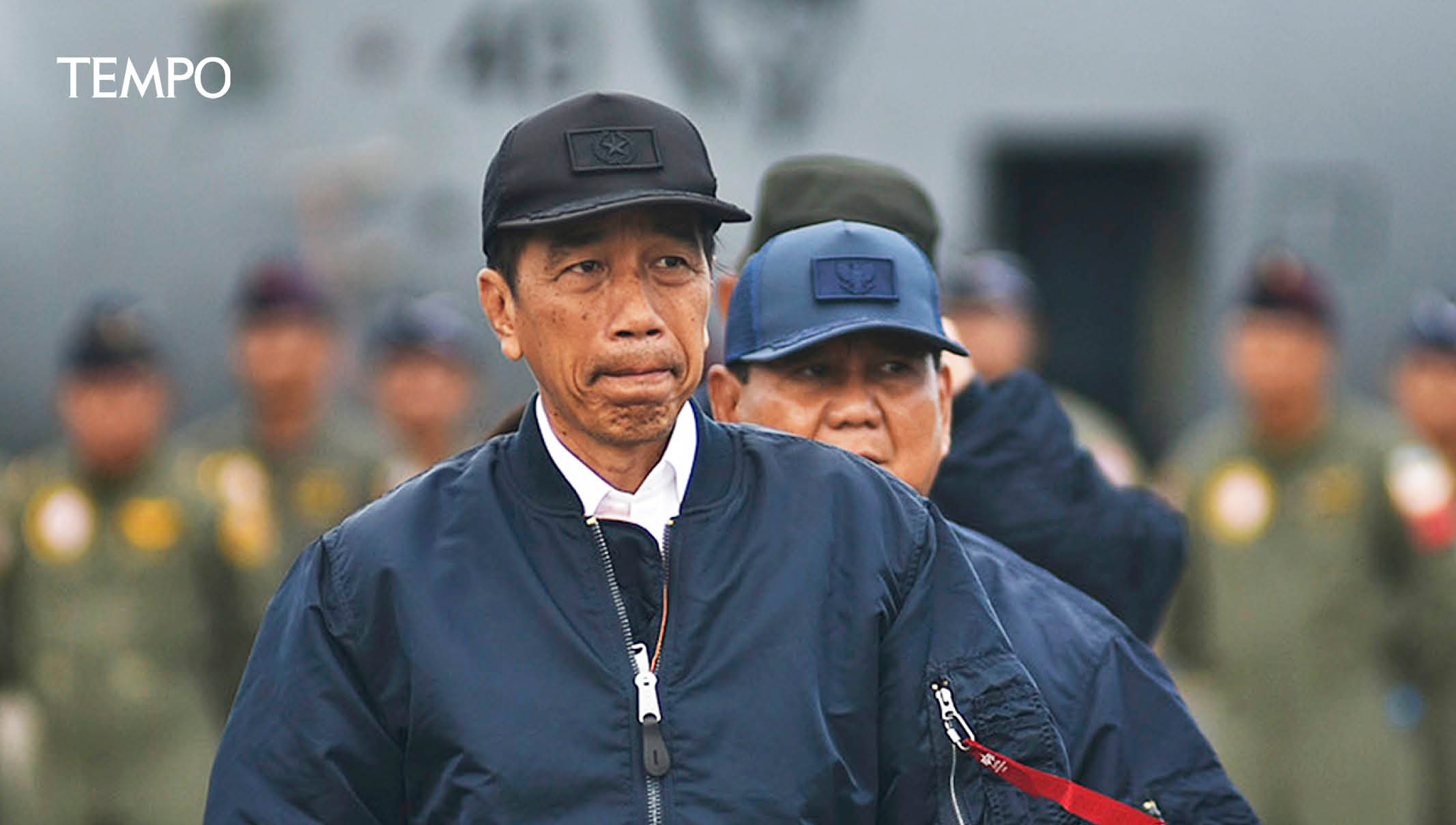Exposing Fraud in the Presidential Election
The suspicions of fraud in the presidential election are strong enough for the DPR to exercise its right of inquiry. The party elites will face the test of history.
Tempo
February 26, 2024

THE number of apparent instances of fraud in the 2024 presidential election should be more than enough to make a case for the House of Representatives (DPR) to exercise its right of inquiry. When the power is being shared out after the election, the political elite will be tested by history: will they choose to preserve the health of Indonesian democracy, or will they simply chase after cabinet seats in their own interests.
It is very important the DPR uses its right of inquiry to look into the apparent violations of the law by the government of President Joko Widodo. At the end of his second term, Jokowi brazenly sullied the principles of electoral honesty and fairness. Instead of ensuring the election would be fair, he used the state apparatus to bring about victory for Defense Minister Prabowo Subianto, who was running with Gibran Rakabuming Raka, Jokowi’s oldest son.
Use of the right of inquiry must be proposed by at least 25 members of the House from more than one faction. The proposal must be approved by more than half of those present in a plenary session attended by more than half the DPR membership. In theory, with the current composition, this requirement should be easy to meet. The coalition supporting the Anies Rasyid Baswedan-Muhaimin Iskandar pairing, namely the National Democrat (NasDem) Party, the National Awakening Party (PKB) and the Justice and Prosperity Party (PKS), has 314 seats in Senayan. This is more than the number held by the coalition supporting Prabowo, which comprises the Gerindra Party, the Golkar Party, the National Mandate Party (PAN) and the Democrat Party, with 261 seats.
The political machinations began long before the February 14 polling day. It began with the Constitutional Court ruling that changed the requirements for candidacy and made it possible for Gibran to run for the vice-presidency. The Constitutional Court Ethics Council ruled that Court Chief Justice Anwar Usman, Jokowi’s brother-in-law, was in violation of ethics and ordered his dismissal from his position.
The Election Organization Ethics Council (DKPP) also stated that the General Election Commission (KPU) Chair, Hasyim Asy’ari, and the members also violated ethics. They accepted the candidacy of Prabowo and Gibran before the rules for organizing the election had been changed. Because of these two serious ethical violations, the integrity of the presidential election was flawed from the outset. Jokowi then used state officials and programs to smooth the way for the candidate pairing, who benefited from these changes to the rules.
It is almost certain that Prabowo and Gibran will lead the next government. At the time of writing, they had won 58 percent of the vote. The Anies-Muhaimin and Ganjar-Mahfud coalitions could file a legal challenge to the result at the Constitutional Court, but the size of Prabowo’s lead means it would be very difficult to change the final result. Therefore, the political route is a more realistic option to prove that there was fraud in the electoral process.
If it is used, the right of inquiry would mean the DPR could investigate the involvement of the president in the alleged fraud. It would establish a special committee that could summon and demand statements from anyone it deemed relevant. The DPR also has the authority to summons any witnesses who refuse to attend. In short, the right of inquiry is a strong instrument that could even threaten Jokowi’s political position. However, the DPR must use it seriously.
This seriousness will be tested during the sharing out of power after the election. President Jokowi has brought the Democrat Party into his administration by appointing its chair, Agus Harimurti Yudhoyono, Minister of Agrarian and Spatial Planning/Head of the National Land Agency. It is almost certain that the Prabowo-Gibran coalition will invite other parties to the other coalitions to join the forthcoming government in the name of political stability. These offers of positions will make the party elites less serious about questioning the alleged fraud during the presidential election. They might even use this as a bargaining tool, especially since, with the exception of the PKS, all the parties are now members of Jokowi’s government.
The right of inquiry is important to show that electoral fraud cannot be allowed to continue. Without a political process, including evaluations of and reforms to the voting system, future administrations will commit electoral fraud. The people will no longer have the opportunity to get the leadership they want honestly and fairly. Any party elites who are not serious about questioning these political crimes will go down in history as contributing to the destruction of Indonesian democracy.
